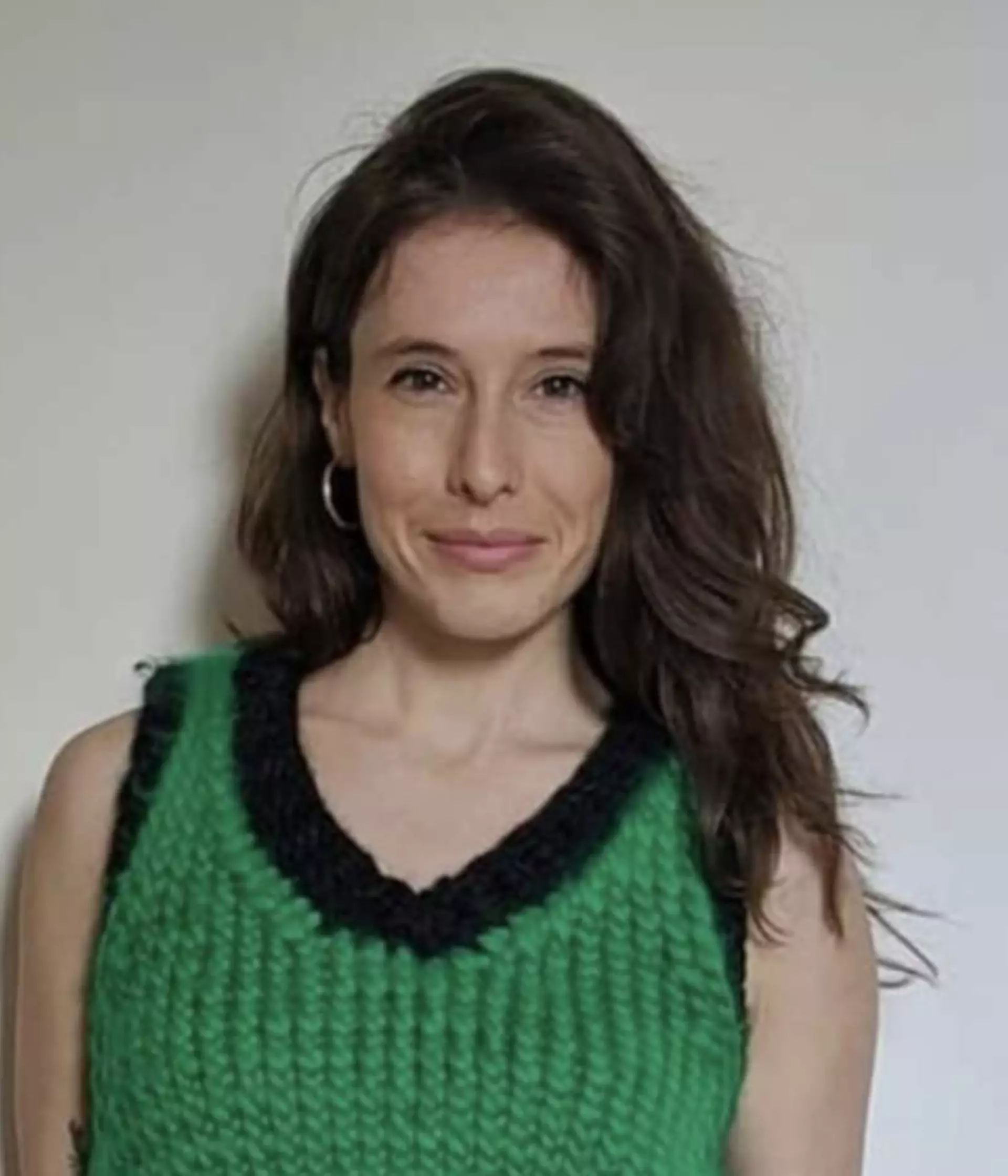Alexandra Thomas' work has always leant towards human-focused elements of wildlife conservation and health.
For several years she has worked in capacity building for wildlife health professionals through the management of practical and theoretical training opportunities including postgraduate degrees and training courses.
Her current research lies in forensic applications for tackling wildlife crime, specifically the retrieval of human trace forensic evidence from wildlife specimens and the training of stakeholders in this discipline. Alexandra believes enabling as many individuals as possible to contribute to the preservation of wildlife is key to success and the urgency of the matters at hand require utilisation of existing knowledge and infrastructure alongside innovation.
Current Research
Prosecution and conviction rates in wildlife crime cases are chronically low on an international scale. Building a strong case supported by multiple evidence types is hampered by low resources, apathy, corruption and the sheer scale of the task at hand. In an effort to tackle this problem Alexandra is focused on the innovation of best practice methods for human trace evidence retrieval from live animals and their derivative parts. Theory behind this work is grounded in the fact that, globally, fingerprint and DNA evidence is well recognised for its contributions to criminal investigations and still provides one of the most robust methods of linking individual(s) to crimes. Even where individual(s) are unable to be identified fingerprint and DNA evidence can help provide insights into serial offenders, numbers of individuals involved or link wildlife crimes to other criminal enterprises.
Alexandra's methods are intended to be low-cost, field deployable and appropriate for use in multiple environments (e.g. high heat and humidity, cold and dry conditions). At this moment she is trialling fingerprint powders coupled with fluorescent illumination and a range of DNA recovery methods. The outcome of this work will be a forensic “road map”, which can be used as a reference guide by practitioners to decide which tools and methods are applicable depending on individual case specifics, I.e., species and/or type of wildlife goods encountered. Alexandra is supported by law enforcement in this endeavour providing a much-needed link from research theory to real-world application.
- 2021–Present: PhD Student, Liverpool John Moores and Institute of Zoology, Zoological Society of London
-
2015–Present: Wildlife Health Bridge Coordinator, Institute of Zoology, Zoological Society of London
-
2016–2019: MSc Biodiversity Wildlife and Ecosystem Health, University of Edinburgh
-
2010–2013: BSc Animal Behaviour and Welfare Science, University of Bristol
Meredith, A., Anderson, N., Malik, P., Nigam, P., Thomas, A., Masters, N., Guthrie, A., Davidson, H, Patterson, S., Amin, R., Skerratt, L. F., Kock, R., & Sainsbury, A. (2022). Capacity building for wildlife health professionals: the Wildlife Health Bridge. One Health and Implementation Research, 68-78. https://doi.org/10.20517/ohir.2022.03
